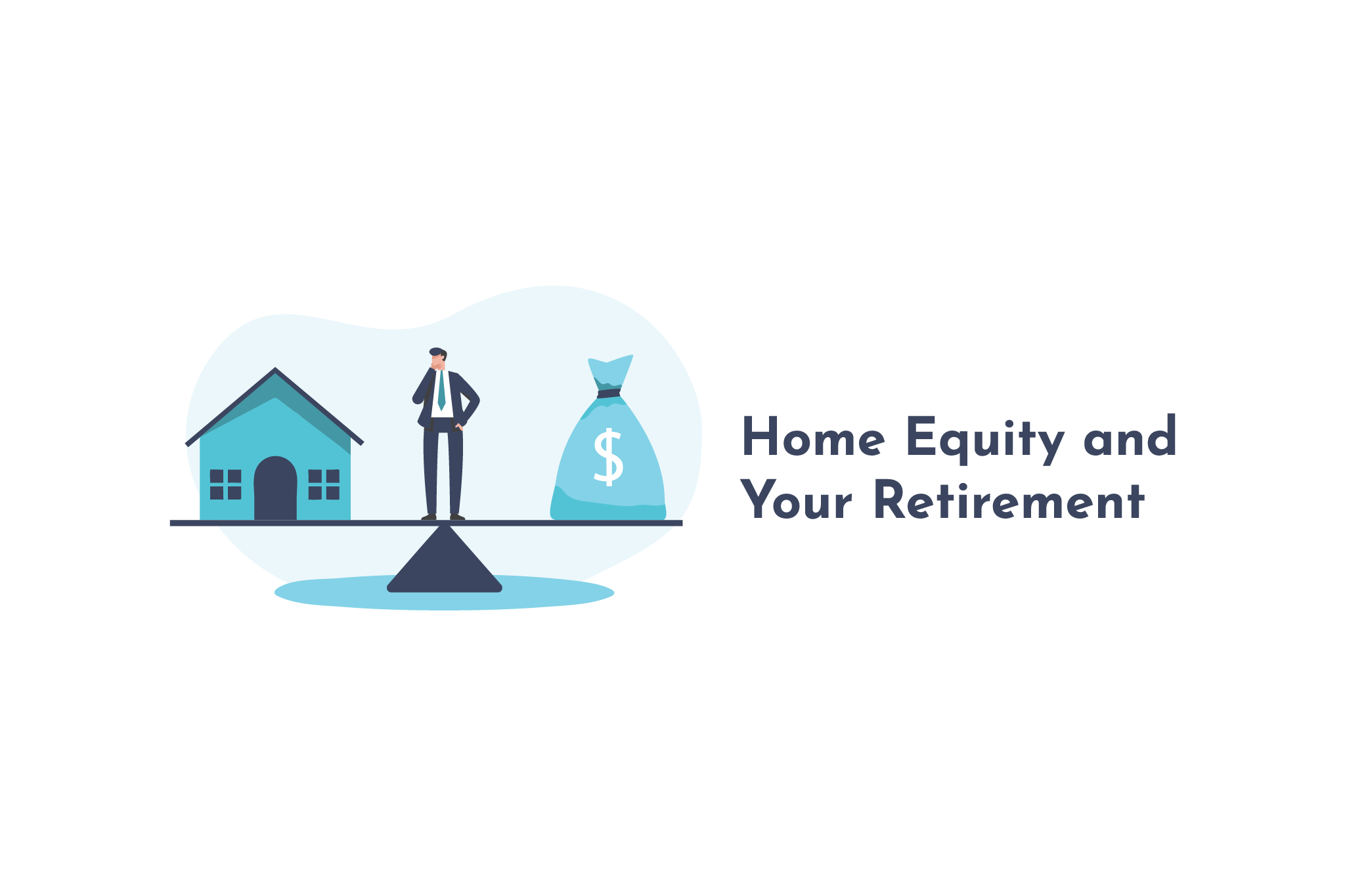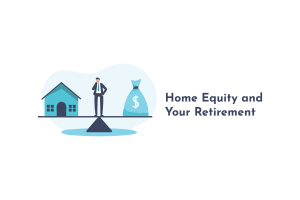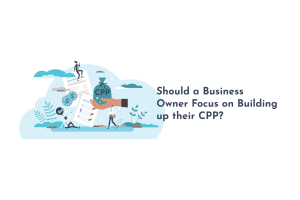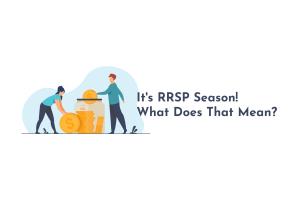We all know that housing prices have increased rapidly in recent years. It is a hot-button issue for many young Canadians, and right now (in June 2024), it appears that this will be a hotly contested issue as we enter into the campaign for the next federal election. Making housing affordable for everyone is a huge part of the generational squeeze that is facing Canadians today. What is reality, though? Speaking on a podcast (The Globe & Mail’s City Space, May 23rd, 2024) recently, Prime Minister Justin Trudeau said that while his goal was to make housing more affordable for younger Canadians, at the same time, he wants to avoid bringing down home prices for existing homeowners. This is because the government realizes that the increased prices for homes have resulted in huge amounts of net worth for people approaching retirement, and if the value of their homes were to decrease significantly, it carries the potential of being catastrophic for the retirement plans as well as any intergenerational wealth transfer that is coming. With such a significant piece of so many people’s net worth tied up in their homes, which is, in reality, a non-liquid asset, let me ask you a question. If you are in this situation and are approaching retirement, do you have a strategy in mind for tapping into the equity in your home? Read on to see some of the options that are available to help you create your plan.
In This Article
- Home Equity Release
- Release the Equity
- Borrowing Against Your Equity
- Selling your Home
- The Value of Financial Advice
- Conclusion
Home Equity Release
There’s a fancy term. Sounds like what you do to a wounded raccoon after you’ve nursed it back to health. You release it back into the wild. But how and why would you release any of your home equity? When it comes to Canadian homeowners, the majority of them want to live out their retirement years in their own homes, while at the same time, over half of these people believe that in retirement, they will need to make lifestyle compromises to avoid outliving their savings. While many people have been forced to make their paycheques stretch further every month, one of the items that was often seen as an area to cut back on was retirement savings plans. People who own homes were more comfortable doing this because they believed that buying their home was ‘the best investment they ever made.’ The fact that you can’t really spend home equity because it isn’t liquid wasn’t a factor that was considered. This has landed many Canadians who are approaching retirement in a situation where they have less money saved in RRSPs, TFSAs and other ‘liquid’ investments and potentially face a shortfall in their retirement income plan.

Release the Equity
We have all heard about people who want to “Release the Hounds’ or “Release the Kraken,’ but the idea of ‘Releasing The Equity’ may be something new. There are a few different strategies that you can use to do this:
- Reverse Mortgages
- Home Equity Line of Credit (HELOC’s)
- Second Mortgages
- Refinancing
- Selling your home
The different options can basically be divided into two different categories. The first is a solution that allows you to stay in your current home while making some of the equity accessible to yourself. These strategies are reverse mortgage, HELOC, second mortgage, and refinancing. The second category involves selling your home and receiving all of the equity in the form of cash. This comes with the understanding that you will still need somewhere to live. You could downsize, you could rent a new place to live, or you could find a service where you sell your house to them, and then they lease it back to you. Depending on which avenue you choose, there can be differing factors you need to consider.
Borrowing Against Your Equity
This is going to come in two different types of plans, and which one works best for you will depend on your individual circumstances. One of the main questions you will need to answer is whether you are able to make payments on the equity you draw out of your home. If you use a HELOC or mortgage product to refinance your home, you will need to make payments to service the debt that has been taken on. Making sure that your financial plan allows you to comfortably make these payments is essential before you go down this road. There is no real advantage to releasing home equity so that you can turn around and use that money to make payments on the interest and principle for what you just released.
If you would prefer not to be required to make payments on the equity release, then you could consider a reverse mortgage. We’ve written about these in the past, but for a quick refresher, a reverse mortgage will provide you with up to 55% of the equity in your home in the form of a lump sum or an annuity. There is no requirement to make any payments on the loan; however, when your home is sold, the outstanding balance of the reverse mortgage plus the interest that has accrued will be paid off prior to any remaining funds being made available to you.
Either of these solutions may be a great way for you to access the equity in your home while also not needing to move. Make sure that you discuss this with your financial advisor to land in the right solution for you.
Selling your Home
This is what, traditionally, people seemed to think that they needed to do when they retired. As you went into retirement, you looked at taking whatever home your family had grown in over the years, and you sold it with the intention of buying a smaller home that required less upkeep so you could enjoy your golden years. Alternatively, to downsize and purchase a home, you could simply find a rental unit and move in there, leaving the world of homeownership behind completely. Whatever you choose to do, the sale of your home is a final decision; if you choose this road, there is no going back a few years later if you realize then that you would have preferred to stay put.

The Value of Financial Advice
I have mentioned it a few times previously, but I can’t stress enough the value of having a financial plan in place that looks at your retirement options. You should also consider who your financial advisor is and if they have any biases that you need to be aware of. Looking at planners who have close working relationships with companies that can facilitate a multitude of solutions for you is essential. When preparing retirement plans for individuals who own a home, many planning software tools will show later years in retirement having a shortfall based on the amount of liquid assets that you have saved (RRSP, etc.). The way to fill in this gap is described in many different ways, but essentially they are all stating that you will need to complete some sort of equity release from your home to make ends meet. Studies have shown that there is a lack of information and education available to both consumers and financial advisors that would help them effectively recommend and implement many home equity release strategies that could significantly help reduce any retirement income shortfalls. Ask yourself this question: without the strategic relationships in place to set up a HELOC or reverse mortgage, how likely is your financial advisor to suggest that as a solution? Don’t allow yourself to get caught in a situation where a potential solution to your retirement income shortfall isn’t suggested because the person you are asking about it doesn’t know how to do it or understand why it is important.
Conclusion
In a study on Canada’s retirement pillars, Deloitte reported that only 32% of Canadians feel any level of confidence about their readiness for retirement. That means that 68% of those people asked are worried to some degree. There are many reasons for this (many of which are covered by Deloitte in their study), but the end result is that people aren’t saving as much as they need to retire. Getting quality financial advice is a key concept covered in the study. The team at Strata Wealth & Risk Management is well-positioned to help you with the advice you need. As part of our strategic partnerships, we are equipped to work closely with Strata Mortgages and their team of brokers and agents to make sure that we offer a full range of solutions to our clients. As it should be, the focus is on making sure that we can find the right solution for you; helping you feel more confident about your pathway to retirement is what we do




